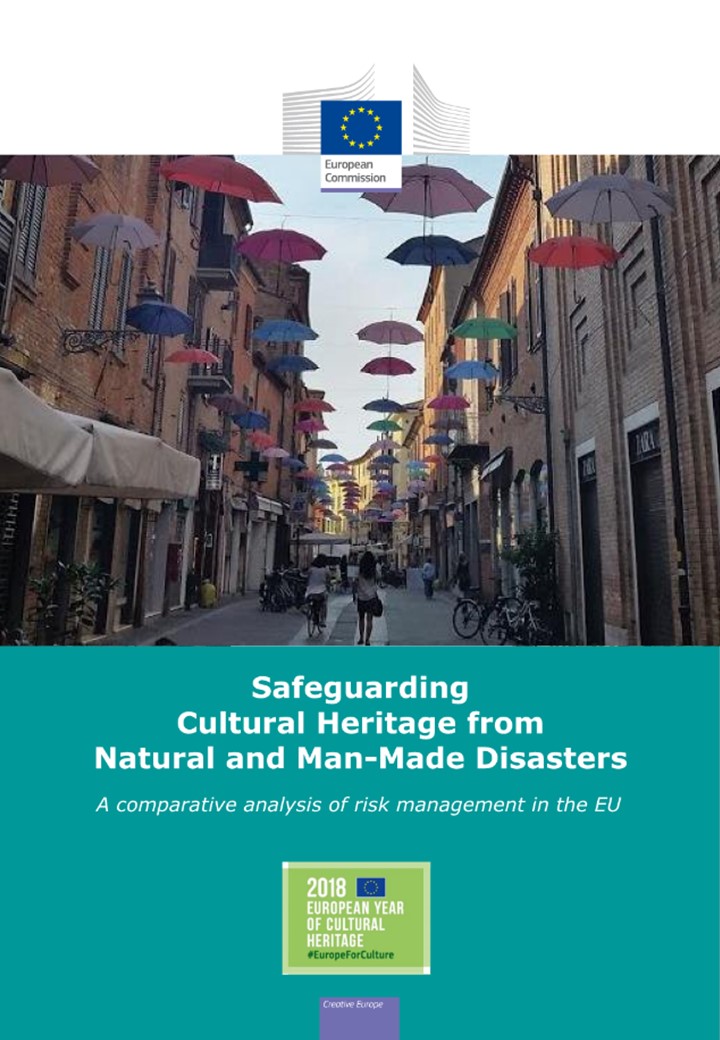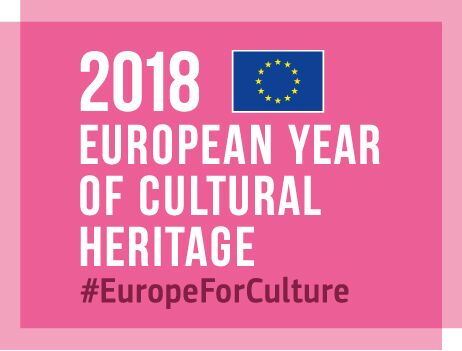In search of Italian tornadoes

Press release on the CNR website on an article by our colleague Mario Marcello Miglietta just published in the International Journal of Climatology. (Full article)

Press release on the CNR website on an article by our colleague Mario Marcello Miglietta just published in the International Journal of Climatology. (Full article)

The Study commissioned to the CNR-ISAC (coordinator Alessandra Bonazza) by DG EAC has been published by the European Commission: Study on Safeguarding Cultural Heritage from Natural and Man-Made Disasters - A comparative analysis of risk management in the EU (Contract n ° EAC-2016-0248).

Saturday May 19th in Campobasso our colleague Silvio Davolio will participate to the meeting "Meteologia e comunicazione: dai modelli matematici alla previsione"
Facebook https://www.facebook.com/events/921973567980063/

The Kick-off Meeting that marked the beginning of GEO4CIVHIC was held in Padua, at the Department of Geosciences, on 12th and 13th April: “Most Easy, Efficient and Low Cost Geothermal Systems for Retrofitting Civil and Historical buildings” coordinated by ISAC (coordinator Dr. Adriana Bernardi) within the call: LCE 17-2017: Easier to install and more efficient geothermal systems for retrofitting buildings (IA).

2018 is the first European Year of Cultural Heritage (EU Decision 2017/864). The European initiative, born under the Italian Presidency, aims to raise awareness of the importance of European history and values and strengthen the sense of European identity, drawing attention to opportunities related to cultural heritage, but also to challenges, as environmental pressures on the landscape and on cultural heritage sites.
ISAC responding to this last challenge

From 9 to 12 October 2017, was held in Bologna, CNR Research Area, the HARMO 18 Conference dedicated to the harmonization of the atmosphere dispersion models for regulatory purposes. On ARPATNEWS interview with our colleague Silvia Trini Castelli, responsible for the CNR-ISAC of the event organization. Read the article (Italian only).

Lo studio del CNR-ISAC di Lamezia Terme "Ten-Year Analysis of Mediterranean Coastal Wind Profiles Using Remote Sensing and In Situ Measurements" guadagna la copertina della rivista Wind.
Il dataset (luglio 2013-dicembre 2024) del wind Lidar è accessibile su https://hub.itineris.cnr.it/datasets

In occasione del 79° Consiglio Esecutivo della WMO (Ginevra, 17 giugno 2025), l’Italia ha presentato l’attività scientifica relativa al “Terzo Polo”, la regione himalayana e del Karakorum, organizzando un workshop dedicato: "The Cryosphere of the ‘Third Pole’: The Role of the Italian Cooperation in Aligning with WMO Priorities", promosso dalla Rappresentanza permanente italiana presso la WMO